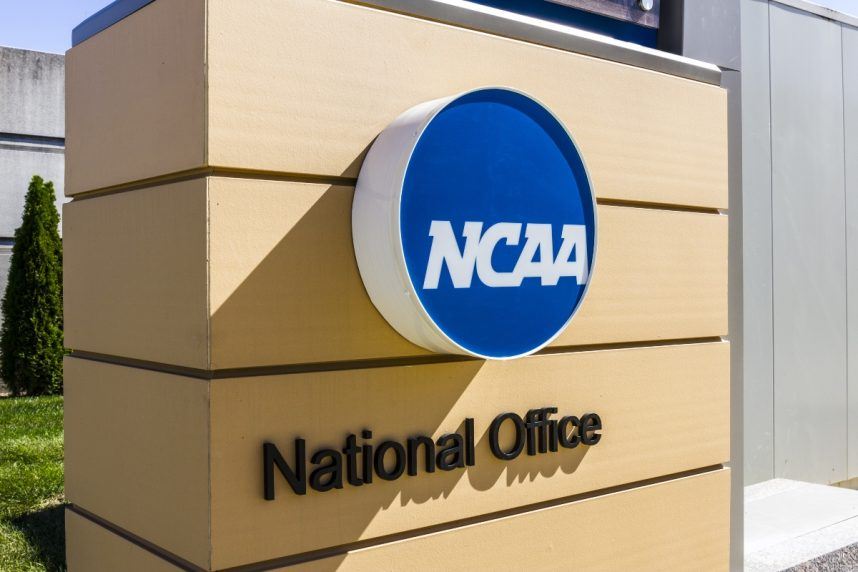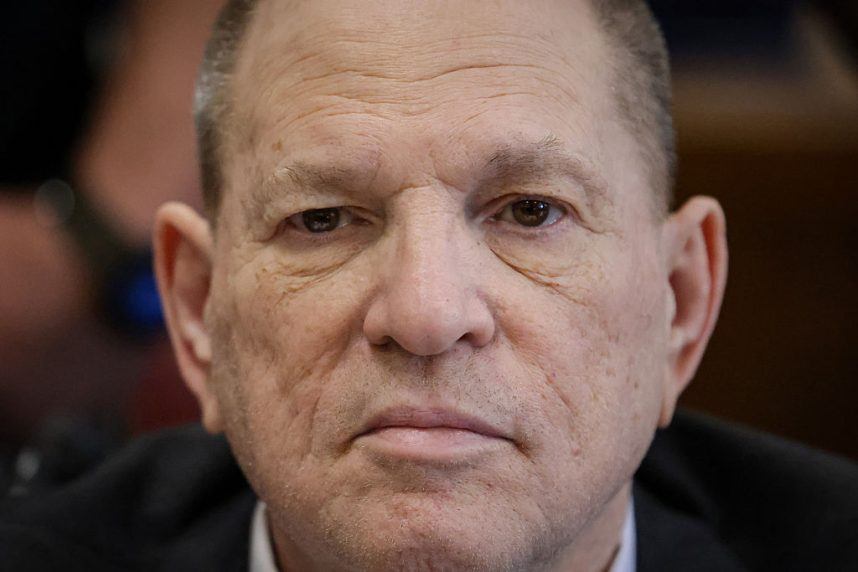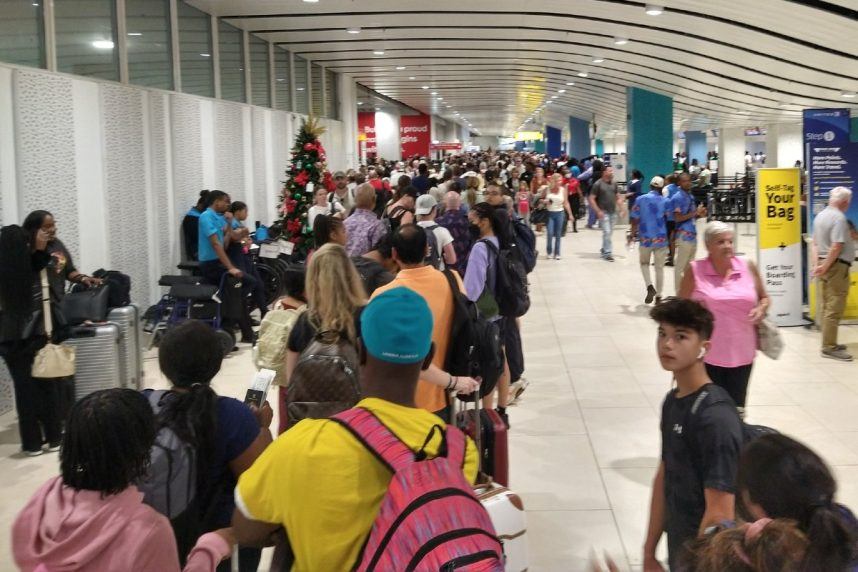Peter Pellegrini, Slovakia’s President, has vetoed a new gambling legislation that the Central European country recently passed, citing concerns about consumer protection and the perceived social impact of the new law.
President Pellegrini Vetoes Gaming Legislation
After a week of deliberations during its 40th parliamentary session, Slovak MPs have passed a new gaming law designed to tighten gambling regulations and boost state revenue from the sector. The legislation was approved with 71 votes in favor and seven abstentions.
The legislation sought to implement a more open licensing system for online casino and betting operators, enabling both domestic and international companies to obtain local authorization. It also aimed to modernize tax collection processes and enhance the supervisory powers of the Office for the Regulation of Gambling.
However, although President Pellegrini’s office said that regulatory modernization is needed, the office said the draft bill did not include adequate safeguards to prevent gambling-related harm. Pellegrini also highlighted procedural concerns, noting that several amendments were introduced without sufficient debate during the legislative process.
Several opposition parties welcomed President Pellegrini’s decision on Monday to withhold his signature from the gambling law amendment and return it to parliament, recommending that it not be approved in its entirety. They also urged coalition MPs to heed this recommendation and reject the legislation if reconsidered.
Industry observers saw the bill as part of a wider European trend toward market liberalization coupled with stronger social responsibility measures. However, critics in Slovakia argued that the proposal lacked clear restrictions on advertising and did not provide comprehensive protections for minors and other vulnerable consumers.
What Did the Law Try to Do?
Under the new framework, Tipos, Slovakia’s national lottery operator, is supposed to be granted the authority to assume casino licenses from other operators and conduct offshore operations. However, the legislation requires that, if necessary, Tipos must relocate any casino activities to hotels within 12 months.
The law also obliges Tipos to contribute at least EUR 500,000 (about $581,540) annually to programs dedicated to preventing gambling addiction. In addition, any new casino locations will now need municipal approval, and operations must remain within the same municipality to prevent relocations to restricted zones.
With President Pellegrini now vetoing the law, the Slovak parliament now has the option to override the presidential veto with an absolute majority vote. If lawmakers decide to uphold the bill, it could come into force in 2026, reshaping Slovakia’s regulated gambling market and potentially opening the door for new entrants in the online sector.

 3 hours ago
5
3 hours ago
5
















